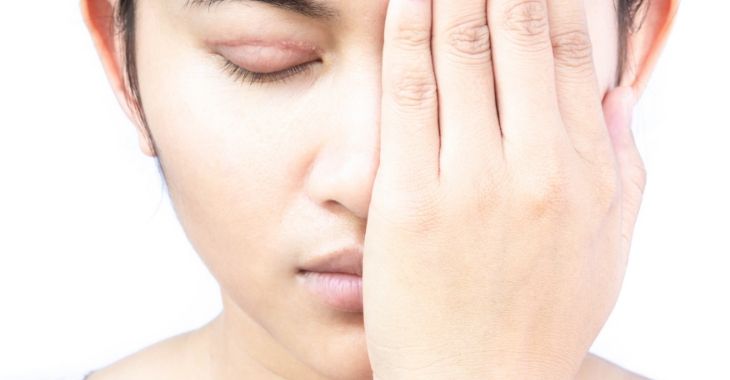Candidates for Liposuction
Almost everyone has something they would like to change about their body. The rise in popularity of plastic surgery have significantly changed how people view their bodies. Fifty years ago if someone didn’t like something about her body, she learned to live with it (whether she liked it or not). However, that does not have to be the case today. Many women and men are looking to plastic surgery to change things about themselves that they do not like or that they wish to enhance. Removing unwanted, stubborn fat is a popular procedure known as liposuction, and it has become a common procedure to help people get the body they want.
Liposuction is a procedure to remove small bulges of fat to enhance a person’s body shape. Common areas for liposuction are hips, abdomen, thighs, buttocks, and face. If you are interested in liposuction, you can have a consultation with a surgeon to discuss your goals, the risks and benefits, and the costs associated with the procedure. Not everyone is a suitable candidate for liposuction. An extremely over weight or obese person is not considered a good candidate for liposuction as the procedure is designed to remove small pockets of fat. People with excessive cellulite are also not considered to be good candidates for liposuction because of skin irregularities that can develop in treated areas. Your doctor can help you determine if liposuction is the best route in achieving your goals.
People who are considered to be good candidates for liposuction need to understand that liposuction will typically not result in perfection. Patients need to have realistic expectations because it is impossible for a surgeon to guarantee the exact amount of improvement that will result from liposuction. Factors such as age, skin elasticity, and what shape a person is in have a great impact on the outcome. Your doctor will be able to help you set realistic expectations.
Posted on behalf of Dr. John Kayal, Northwest Georgia Dermatology
The information provided on this website, including text, graphics, images, and other materials, is intended solely for informational purposes and should not be used as a substitute for professional medical advice, diagnosis, or treatment.

)